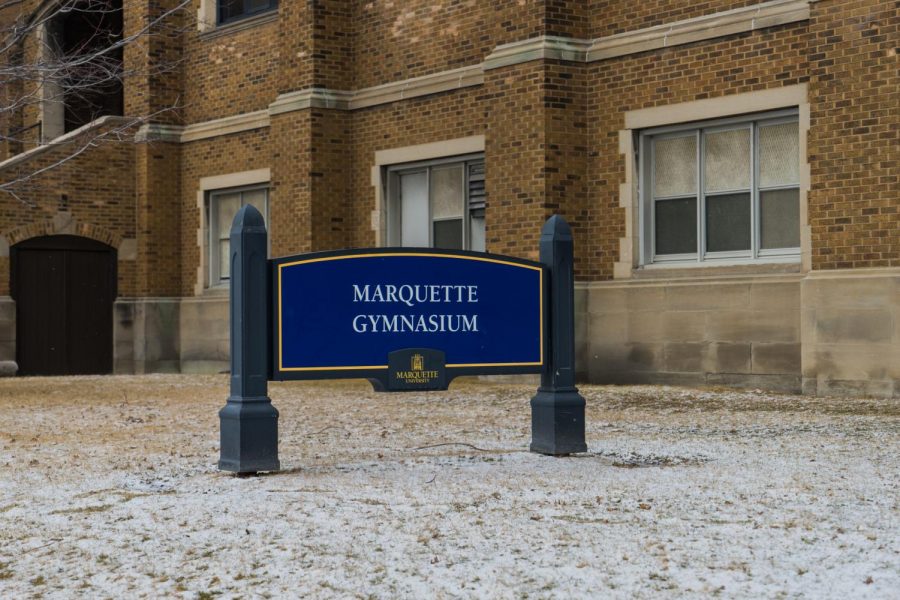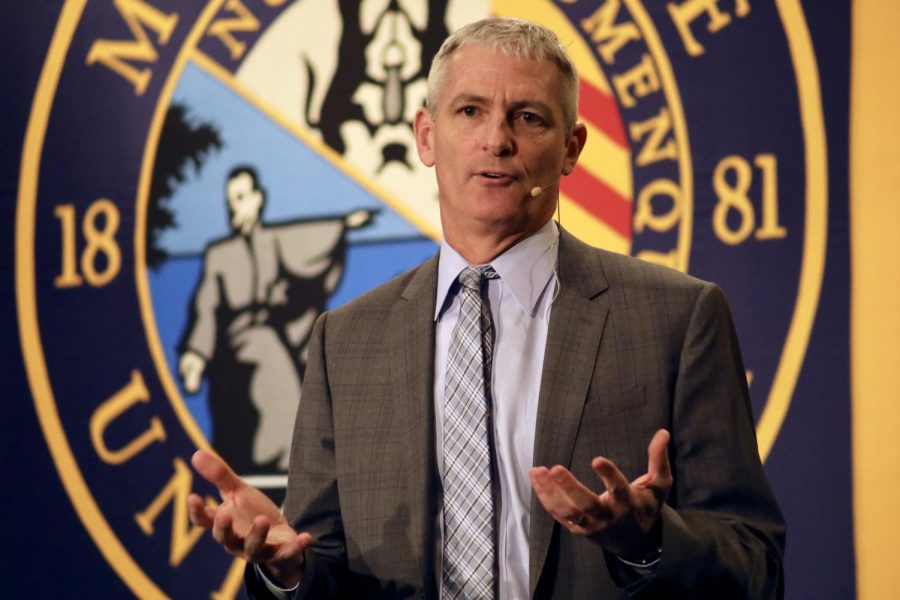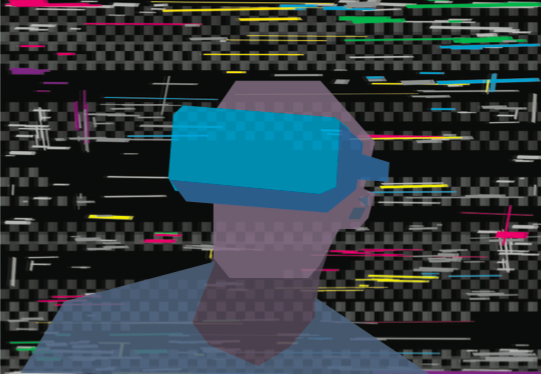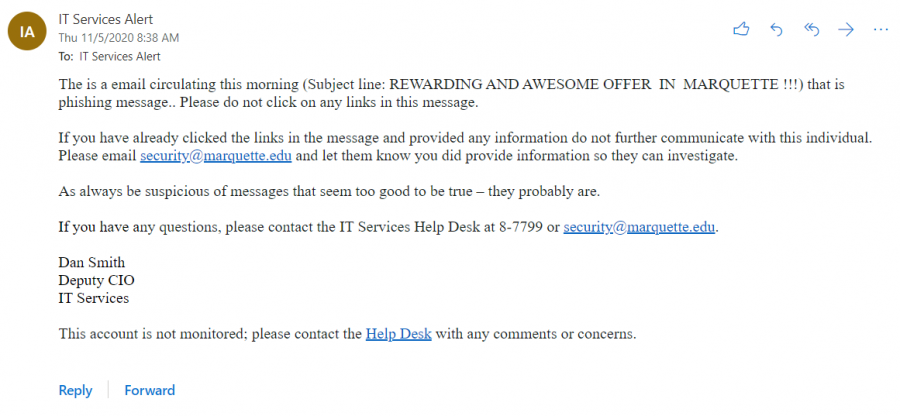
Imagine, if you can, having cancer.
Now imagine traveling many miles in uncomfortable conditions, but not in a car, to get help at a clinic. But when you get there, you find out the doctor is not in that day.
Such is the life of breast cancer patients in rural Bangladesh.
Sheikh Iqbal Ahamed, a professor of computer science, is trying to change that. Ahamed is currently developing software for cell phones that will allow, among other things, doctors to keep track of their breast cancer patients who are unable to travel to see medical professionals on a regular basis.
This technology is possible since the vast majority of the people in Bangladesh own a cell phone, Ahamed said.
Md. Haque, one of the research assistants currently working with Ahamed on the project, said out of the estimated 200,000 cancer patients in Bangladesh, only 10,000 are able to obtain medication.
“It will be possible to bring thousands of cancer patients under the umbrella of medication through this technology,” Haque said in an e-mail. “If this project is successful, the same technology can be used for many other diseases.”
Users of Ahamed’s software would answer a portion of the Edmonton Symptom Assessment System questionnaire, a series of questions cancer patients answer concerning nine common symptoms like pain level, fatigue, and appetite, via text message every day.
This information, which Ahamed said would be absolutely private between the patient and doctor, would then be stored in a Web server for the next time the cancer patient was able to see the doctor.
Also, if the doctor notices a particular patient is progressively reporting a deteriorating condition, the doctor can change the treatment of the patient, he said. This technology is particularly important in poorer countries where electronic records are almost non-existent.
“Our idea was, ‘How can we do something useful for the human entirety?’” Ahamed said.
Maureen Kennedy, the executive director of the International Breast Cancer Research Foundation, the group that is funding the project, said Ahamed’s research fits in perfectly with the work at the foundation’s Amader Gram Multidisciplinary Breast Specialty Care Center in Khulna, Bangladesh.
According to Kennedy, the traditions of Bangladesh makes Ahamed’s technology a necessity. In Bangladesh’s culture, women think of others first and often neglect their own care, Kennedy said.
“A lot of women in Bangladesh have very gruesome and advanced breast cancer, and never take the time to get it treated,” she said. “Their technology will facilitate taking the care to the patient.”
Ahamed and his research group are also currently working on huge advances in medical treatment through the use of smartphone technology.
They are working on developing an application that will be able to read the facial features of a cancer patient and estimate how much pain the patient is in that day on a 1 to 10 scale.
Along the same lines, the group is developing an application that will be able to read sound features of a cancer patient’s voice and measure how strong the patient is feeling that day.
Ferdaus Kawsar, another of the research assistants working with Ahamed, said the current use of the ESAS questionnaire is too subjective, with doctors asking different questions to patients.
“Sometimes the answers given by the patients are not accurate enough,” Kawsar said in an e-mail. “In our project, we will measure the parameters accurately, thus removing any necessity of guessing.”
Ahamed started his research on Aug. 1 after meeting with Dr. Richard Love of the IBCRF, who collaborated with him to come up with a potentially revolutionary healthcare idea. Ahamed is traveling to Bangladesh in January to start implementing his work.





